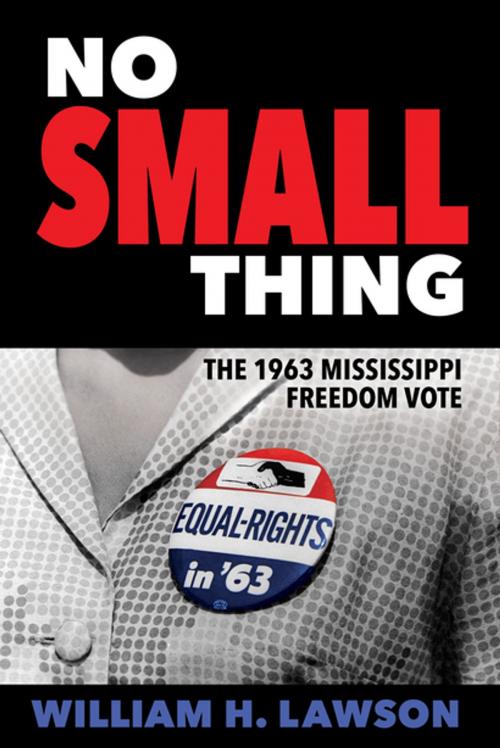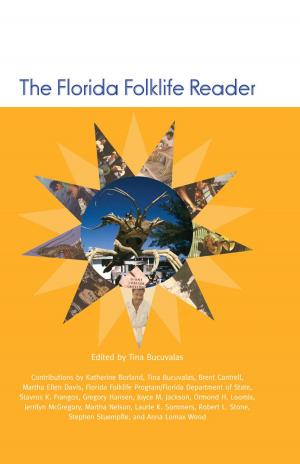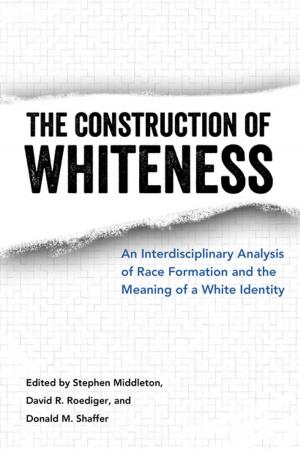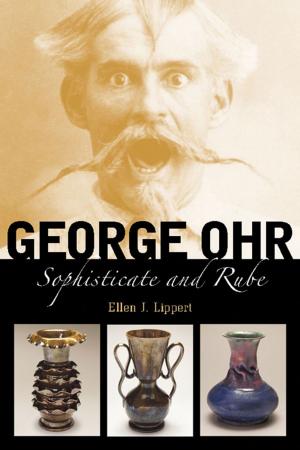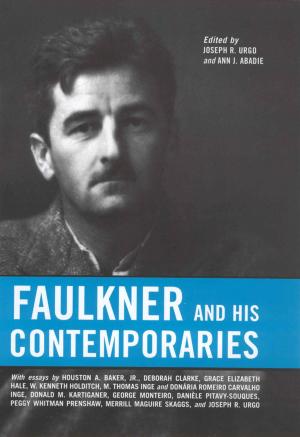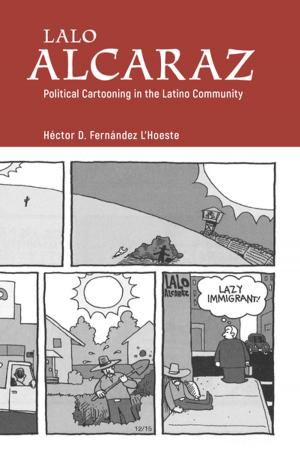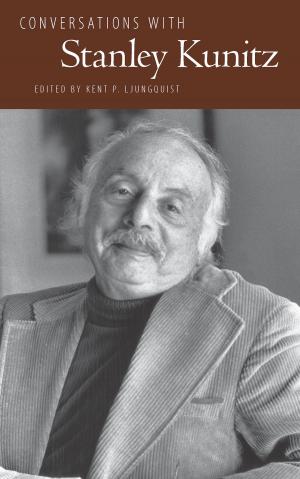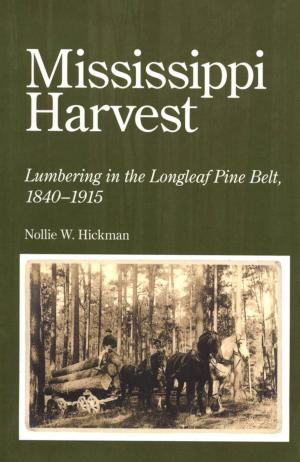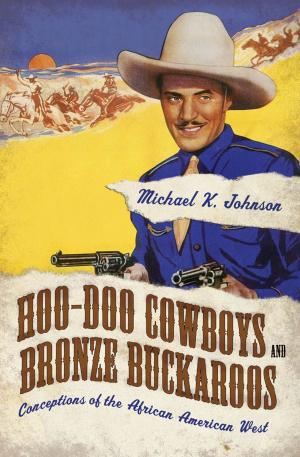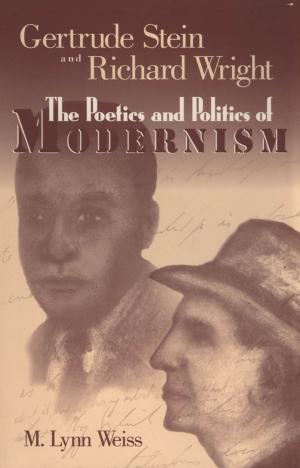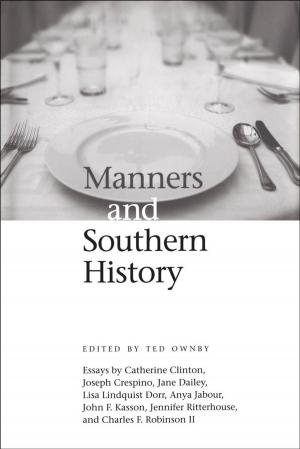No Small Thing
The 1963 Mississippi Freedom Vote
Nonfiction, Social & Cultural Studies, Political Science, Politics, Civil Rights, Social Science, Cultural Studies, African-American Studies, History, Americas, United States, 20th Century| Author: | William H. Lawson | ISBN: | 9781496816368 |
| Publisher: | University Press of Mississippi | Publication: | March 29, 2018 |
| Imprint: | University Press of Mississippi | Language: | English |
| Author: | William H. Lawson |
| ISBN: | 9781496816368 |
| Publisher: | University Press of Mississippi |
| Publication: | March 29, 2018 |
| Imprint: | University Press of Mississippi |
| Language: | English |
The Mississippi Freedom Vote in 1963 consisted of an integrated citizens' campaign for civil rights. With candidates Aaron Henry, a black pharmacist from Clarksdale for governor, and Reverend Ed King, a college chaplain from Vicksburg for lieutenant governor, the Freedom Vote ran a platform aimed at obtaining votes, justice, jobs, and education for blacks in the Magnolia State.
Through speeches, photographs, media coverage, and campaign materials, William H. Lawson examines the rhetoric and methods of the Mississippi Freedom Vote. Lawson looks at the vote itself rather than the already much-studied events surrounding it, an emphasis new in scholarship. Even though the actual campaign was carried out from October 13 to November 4, the Freedom Vote's impact far transcended those few weeks in the fall. Campaign manager Bob Moses rightly calls the Freedom Vote "one of the most unique voting campaigns in American history." Lawson demonstrates that the Freedom Vote remains a key moment in the history of civil rights in Mississippi, one that grew out of a rich tradition of protest and direct action.
Though the campaign is overshadowed by other major events in the arc of the civil rights movement, Lawson regards the Mississippi Freedom Vote as an early and crucial exercise of citizenship in a lineage of racial protest during the 1960s. While more attention has been paid to the March on Washington and the protests in Birmingham or to the assassination of John F. Kennedy and the Freedom Summer murders, this book yields a long-overdue, in-depth analysis of this crucial movement.
The Mississippi Freedom Vote in 1963 consisted of an integrated citizens' campaign for civil rights. With candidates Aaron Henry, a black pharmacist from Clarksdale for governor, and Reverend Ed King, a college chaplain from Vicksburg for lieutenant governor, the Freedom Vote ran a platform aimed at obtaining votes, justice, jobs, and education for blacks in the Magnolia State.
Through speeches, photographs, media coverage, and campaign materials, William H. Lawson examines the rhetoric and methods of the Mississippi Freedom Vote. Lawson looks at the vote itself rather than the already much-studied events surrounding it, an emphasis new in scholarship. Even though the actual campaign was carried out from October 13 to November 4, the Freedom Vote's impact far transcended those few weeks in the fall. Campaign manager Bob Moses rightly calls the Freedom Vote "one of the most unique voting campaigns in American history." Lawson demonstrates that the Freedom Vote remains a key moment in the history of civil rights in Mississippi, one that grew out of a rich tradition of protest and direct action.
Though the campaign is overshadowed by other major events in the arc of the civil rights movement, Lawson regards the Mississippi Freedom Vote as an early and crucial exercise of citizenship in a lineage of racial protest during the 1960s. While more attention has been paid to the March on Washington and the protests in Birmingham or to the assassination of John F. Kennedy and the Freedom Summer murders, this book yields a long-overdue, in-depth analysis of this crucial movement.
